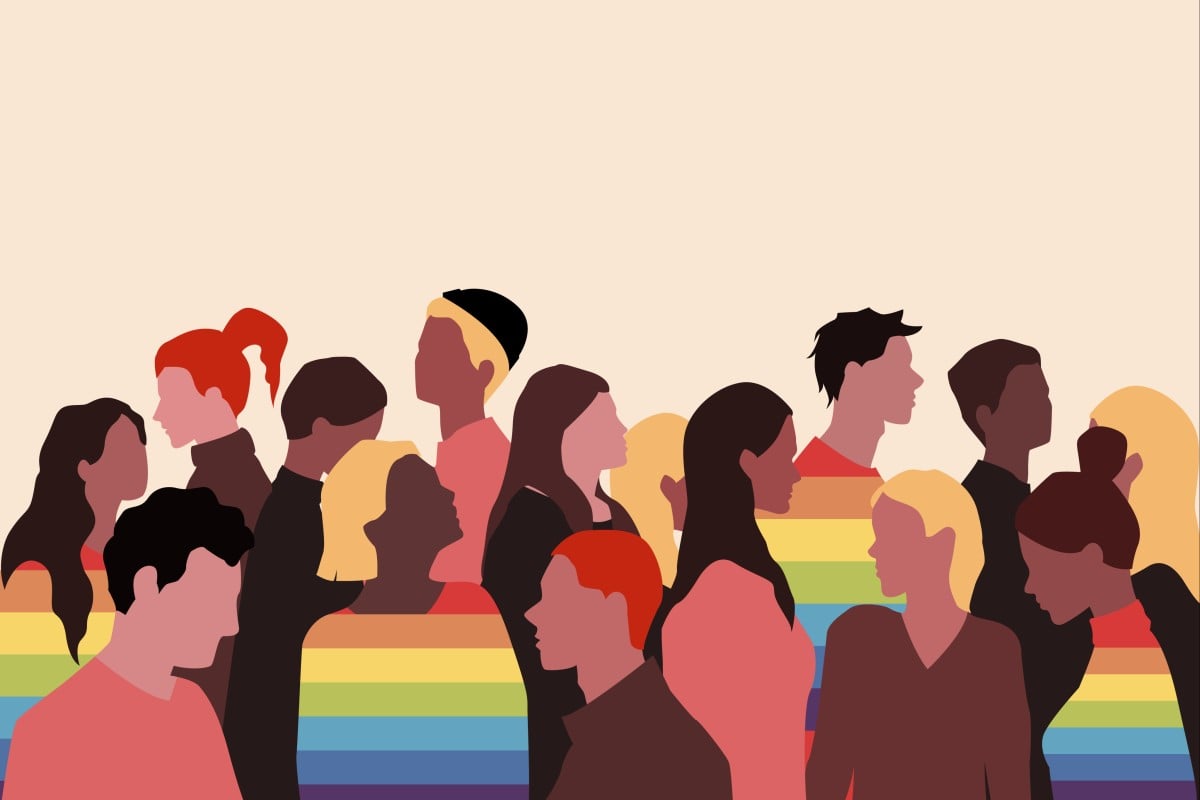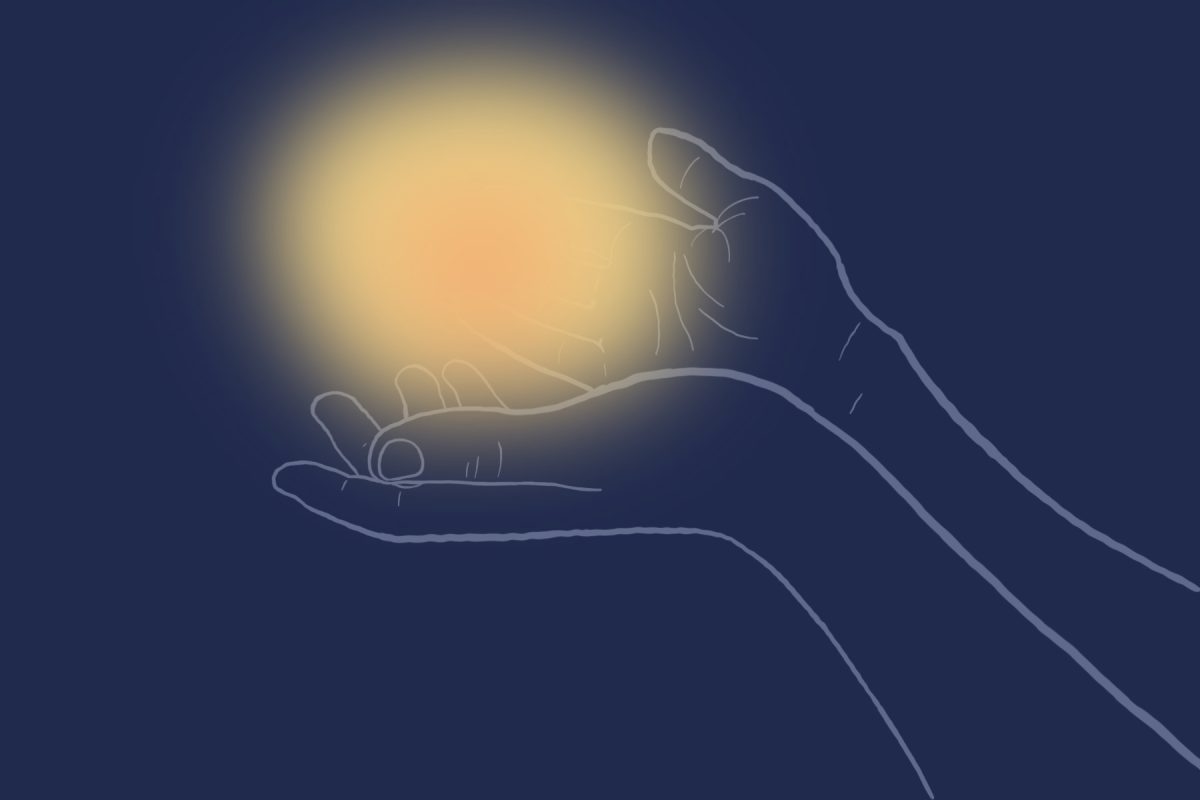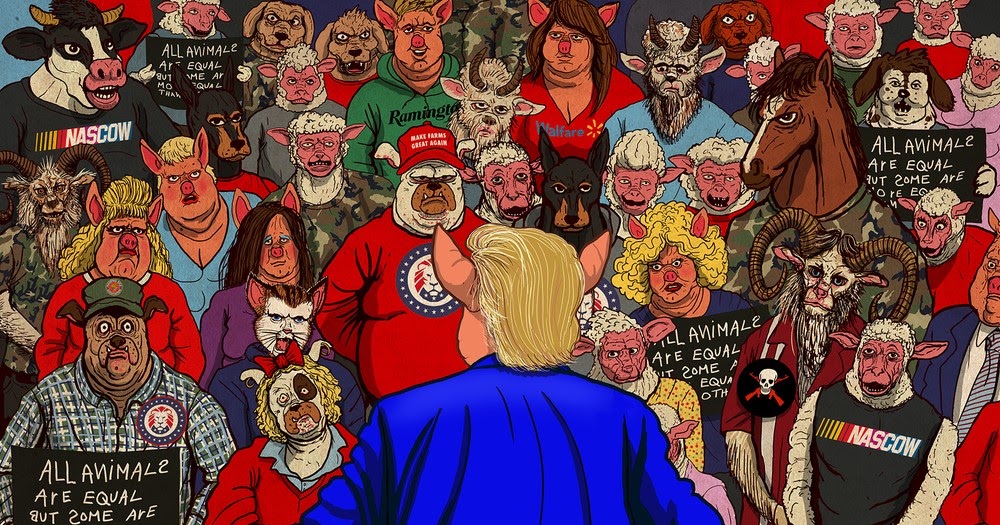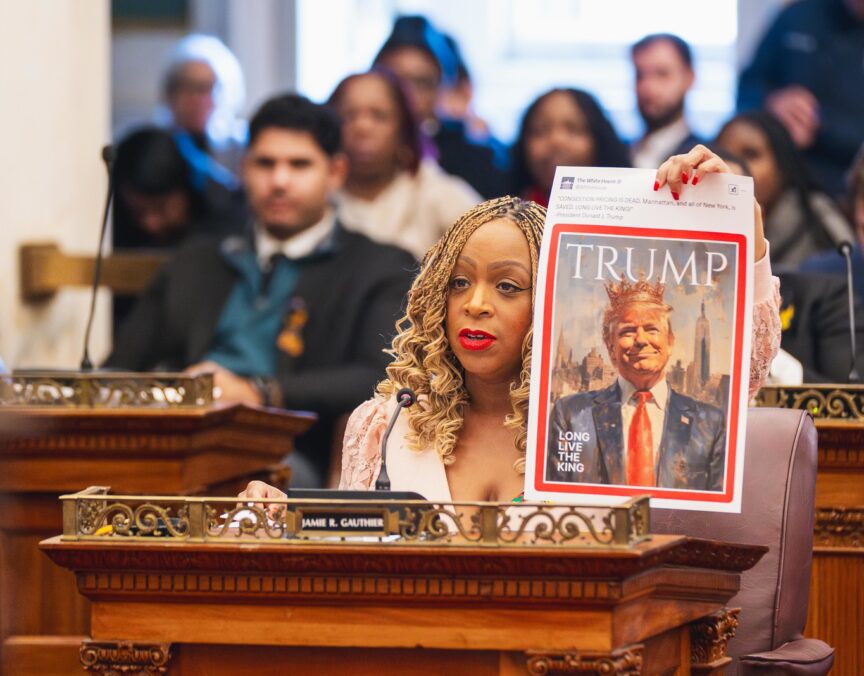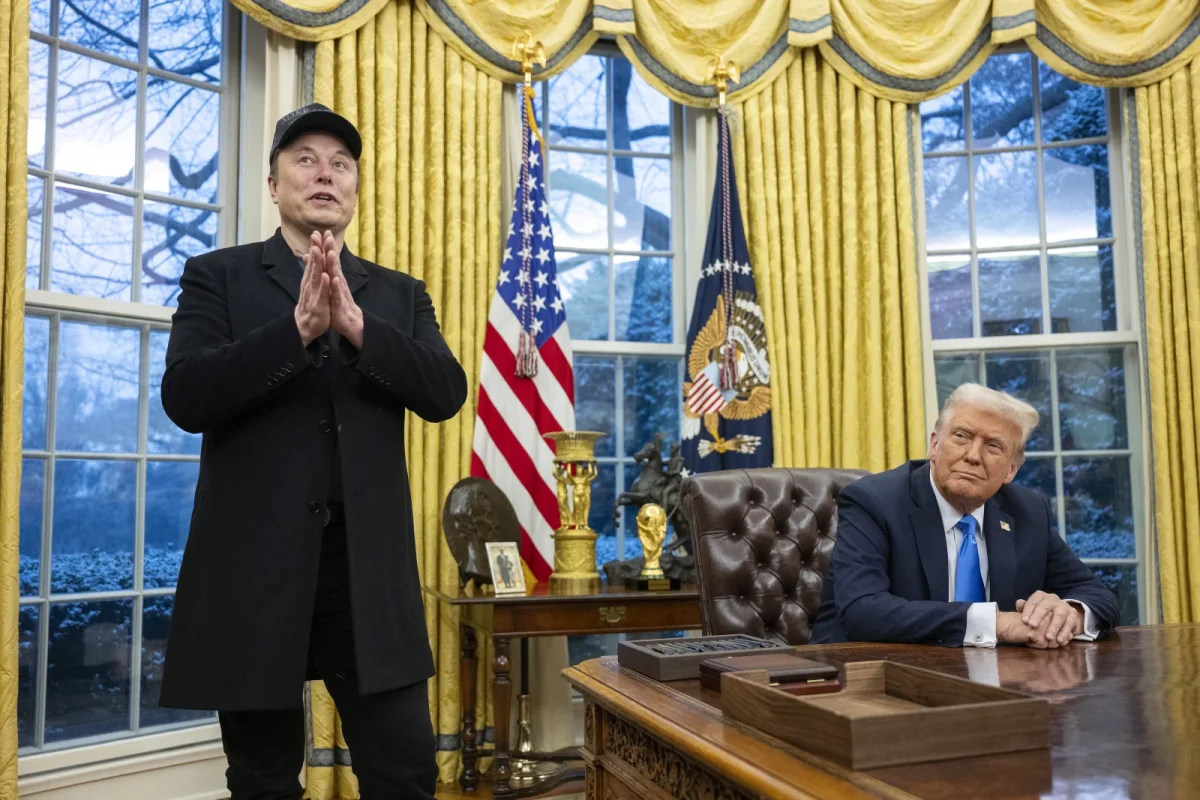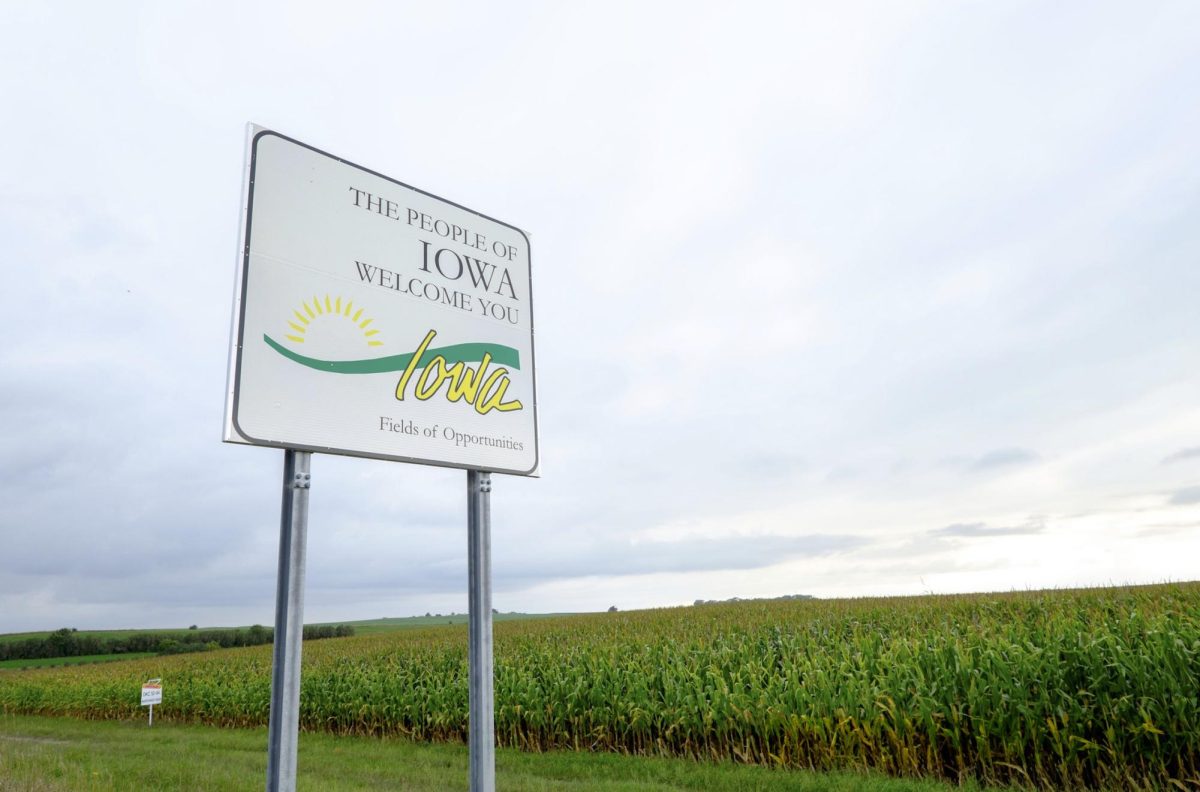“Oh, you… you poor dumb son of a bitch. You’ve done more harm than you know.”
“I hope so.”
This exchange takes place in the 1975 conspiracy thriller “Three Days of the Condor,” but it could just as easily have occurred over Thanksgiving weekend, 2010. Just a few days after that great celebration of pre-America American colonialism, the website Wikileaks.org began publishing 251,287 United States diplomatic cables.
This is, according to the site, the largest leak of confidential documents ever released into this sort of public domain, all of us, now, can take a peek into the ways in which our country conducts itself abroad. Some of these documents even go up to the
“SECRET” level of security classification: the only one higher is the tightly controlled “TOP SECRET.”
I won’t claim to offer full analysis of the documents: there are news organizations much better at that, for example: the German news magazine Der Speigel (http://www.spiegel.de/international) or the New York Times. You can, of course, examine the documents on your own – most read like a passage of exposition from a Robert Ludlum novel, or a voice-over from the movie “Syriana,” – at http://cablegate.wikileaks.org. I highly recommend reading at least a few of the cables, especially as Saint Louis University students concerned with social justice and the world around you.
For example: going to Madrid?
Search for leaks concerning Spain.
At least one document is a detailed brief of U.S./Spanish relations.
The fallout from Wikileaks’ actions has been, shall we say, increasingly hysterical. Original responses to Wikileaks’ plan of action ranged from passionate legal pleas to considerations of the safety of those involved. Following the removal of the press outlets’ NDA and the posting of the documents, people in power have suggested going as far as to declare the Wikileaks organization a terrorist group. Politicians – mostly, you may be curious to know, American – have been calling for a shutdown of the site. The leakage of these secrets, such people claim, are a direct threat to the United States.
Hogwash. Perhaps some other countries find out what we really think about them, a secret negotiations come to light and private conversations are no longer off the record.
In a worst case scenario, some political/diplomatic/military moles come to light and wind up in trouble. But a threat to the United States?
I’m sorry to have to break it to you, governments American and abroad, but the Cold War is over.
We don’t have to think of diplomacy as espionage carried out while looking at each other over a conference table. I applaud Wikileaks and the source of these documents. If, as Wikileaks suggests, “The cables show the extent of U.S. spying on its allies and the U.N.; turning a blind eye to corruption and human rights abuse in “client states”; backroom deals with supposedly neutral countries; lobbying for US corporations; and the measures US diplomats take to advance those who have access to them…” then we the people (along with the rest of the world) ought to be aware of how our world is being run.
Comment from the journalistic institutions publishing these documents suggests that they agree.
All – as far as I am aware – contacted the U.S. government to make sure that nobody who would be harmed – physically – was named in their publications.
This is not to say that they plan to shy away from publishing information that could make for tricky diplomatic situations.
Citizens in the United States and in all countries from which these documents emanated deserve to know what is being done in their name, regardless of who definitely will not be receiving a Christmas card this winter.
Hillary Clinton, our Secretary of State, claims that “cablegate” is an “attack on the international community,” which it would be, if this were still 1966 (the year from which the oldest leaked cables spring) and any leaked diplomatic information could result in an escalation of nuclear tensions.
This is 2010, and the leaks reveal that what we’ve long expected to be true actually is: diplomats are committing acts of dubious legality as a part of their daily duties because they do so in our name, and because these acts affect people world-over, we need to know.
If, following these leaks, our diplomatic agencies have to conduct business above-board and in good faith, that’s not a crime or a threat or an attack.
It is instead a wakeup call, a move that forces us to realize that the way we used to do things is outdated and must be replaced.




